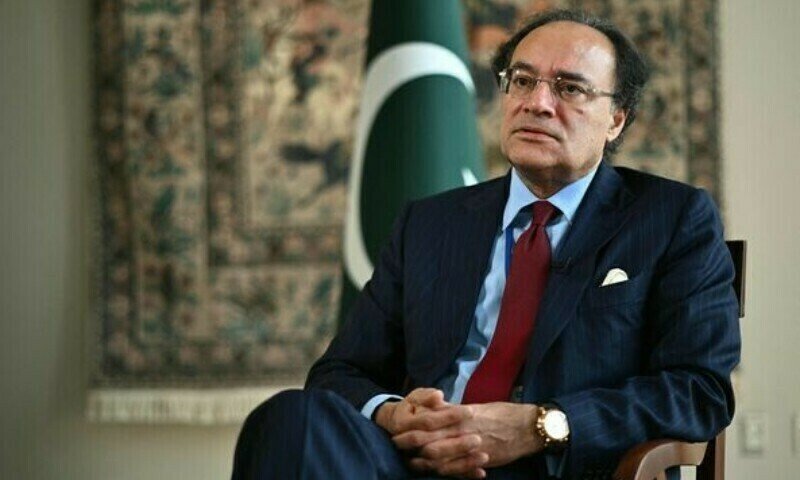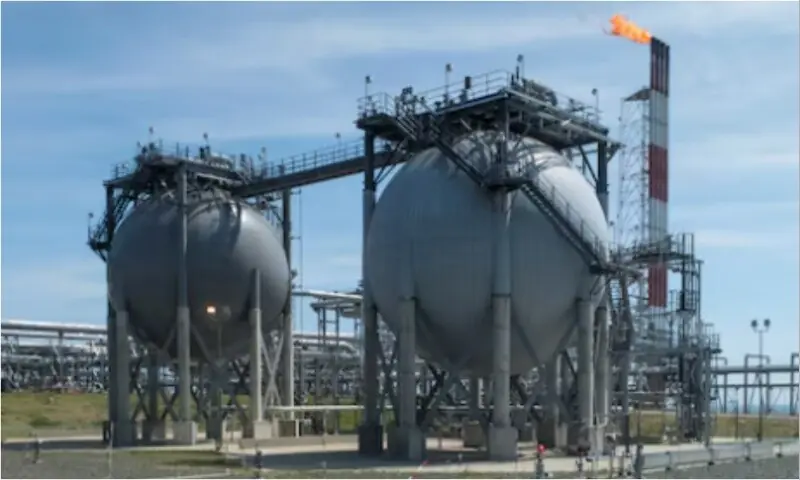Finance Minister Muhammad Aurangzeb said Reuters Tuesday that the government agreed terms for a $1 billion loan with two Middle Eastern banks at an interest rate of six to seven percent as Pakistan seeks more financing.
“With two institutions we have made progress in signing the term sheet: one bilateral and one for trade (finance),” Aurangzeb said during an interview on the sidelines of the annual meeting of the World Economic Forum in Davos.
Aurangzeb added that the loans were short-term, or up to a year.
State Bank of Pakistan Governor Jameel Ahmad said Reuters In August, Pakistan aimed to raise up to $4 billion from Middle East commercial banks for the next fiscal year.
Aurangzeb added that Pakistan aimed to discuss with rating agencies a move towards a single B rating, hoping to see an improvement in the coming months.
“Ideally, we would think that some steps can be taken in this direction before the end of our fiscal year, which is in June,” he said.
Moody’s raised Pakistan’s rating to ‘Caa2’ in August, citing improved macroeconomic conditions, and Fitch raised its rating to CCC+ in July following staff-level agreement with the International Monetary Fund (IMF).
However, both ratings are still in sub-investment grade or “junk” territory.
IMF hopes
The government aims to boost its finances after securing a $7 billion bailout from the IMF in September 2024, with the first review scheduled for late February.
“We have the first formal review of the expanded funding facility (SAF) on its way to [the] end of February,” Aurangzeb said. “I think we’re in a good position for that review.”
IMF SAFs provide financial assistance to countries facing serious medium-term balance of payments problems as a result of structural weaknesses that require time to address.
In October, Aurangzeb said the government had made a formal request for around $1 billion in financing from the IMF through its Resilience and Sustainability Fund (RST).
The RST, created in 2022, provides long-term concessional cash for climate-related spending such as adaptation and the transition to cleaner energy. Pakistan is one of the most vulnerable countries to climate change, according to the Global Climate Risk Index.
Aurangzeb said the government will push forward discussions on RST financing when the IMF mission visits for the first review of the SAF programme.
“I hope that in the next six to nine months we can get there with the Fund as well,” Aurangzeb said.
Cash-strapped Pakistan failed last year in an attempt to offload a 60 percent stake in debt-ridden flag carrier Pakistan International Airlines (PIA), which is part of an effort to raise funds and reform state-owned enterprises. as provided for in the current rescue program.
“In the next five or six months we should reach a good result,” said the minister, referring to the privatization of PIA.
It cited improved business prospects after the European Union’s aviation regulator lifted its 4.5-year ban on the flag carrier, with flights to Europe set to resume this month.








